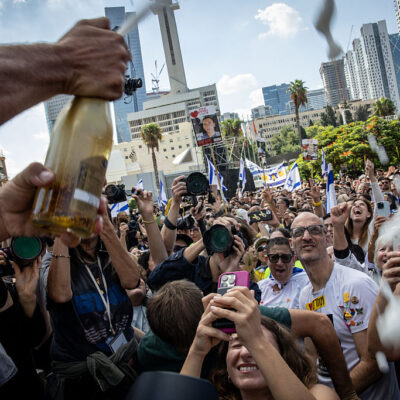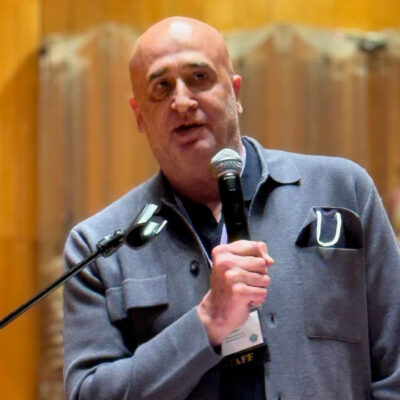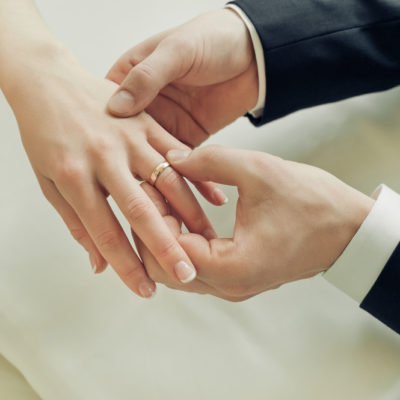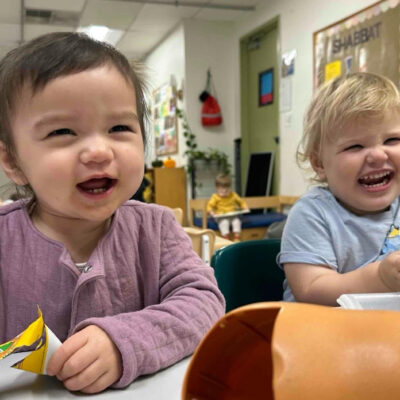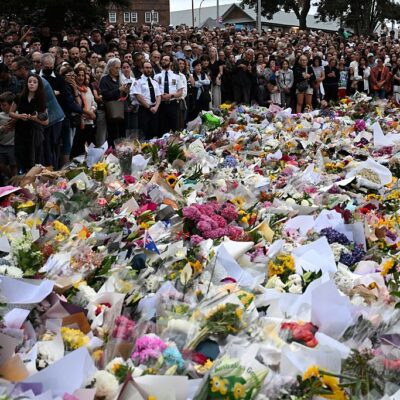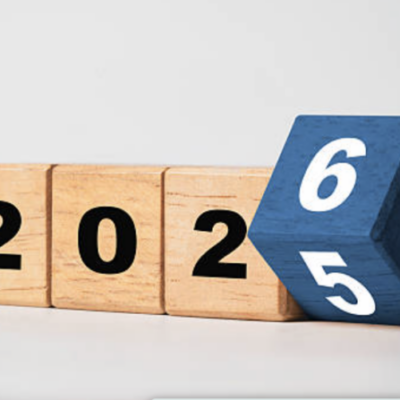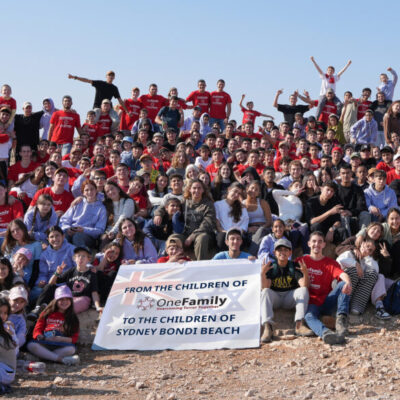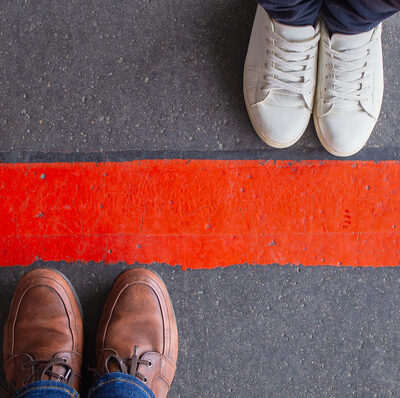Opinion
Focus on culture
Contemporary arts and Jewish education: From theory to practice
In Short
I strongly believe that the engagement with contemporary arts, and the systematic integration of art into Jewish educational structures should be viewed as a major priority by my fellow educators, community leaders and funders.
The purpose of the arts is to illuminate a culture back to its makers: to help communities probe and attempt to understand who they are as a group and what animates them, in their historical and spiritual moment in time. The arts do so in a way that isn’t didactic but is as layered and puzzling as life itself – while also often remaining irreverent, comic, provocative, disorienting, disturbing and ultimately transcendent.
Having taught at the intersection of Jewish learning and the arts for nearly 15 years, both as a practicing poet and Jewish educator, I strongly believe that the engagement with contemporary arts, and the systematic integration of art into Jewish educational structures should be viewed as a major priority by my fellow educators, community leaders and funders. While we do not know what the future canon of Jewish culture will look like, we do know that such a canon will be the result of deep, revelatory craving for self-knowledge. And it is, above all, contemporary art that offers such insight: books, films, podcasts, visual art, theater and more.

Bronfman
With that, I am sharing practical suggestions on integrating robust arts programming into a Jewish educational space, as based on a recent project launched by Bronfman Fellowship, for which I am the educational and programming director.
**
Normally, Bronfman Fellowship’s summer program takes place in Israel. This past summer the program was hosted at the Isabella Freedman Center, where we launched the Bronfman Artist Residency program, inviting three contemporary Jewish artists – Adam McKinney, Alicia Jo Rabins, and Jon Levin – to join our faculty and the fellows. The goal of the program was to grow and expand the fellowship’s trademark offerings — intellectual engagement with text and community-building across difference — through creativity, embodied hands-on practices and deeper understanding of Jewish art and artists.
More specifically, we wanted to use art workshops as means of expressing the fellowship’s vision of pluralism: making art with others allows you to see and hear the personal contexts the other participants are coming from. In the act of sharing a poem or dance performance, empathy stops being an abstract concept or value written on some nebulous blackboard. You enter somebody else’s personal vision, fraught with fragility and ambiguities. You begin to understand the other’s experience.
I cannot understate how important it is, for a program like this, to hire professional artists who are actively involved in making art – specifically, perhaps, Jewish art – and have material they produced in this capacity for a significant audience. This summer, when one of our visiting artists, Jon Levin, shared a segment from his theatrical adaptation of Franz Kafka’s “Hunger Artist” (which was nominated for two Drama Desk Awards), it had a profound effect. Above all, it helped the fellows understand that art isn’t a break from the intellectual discourse: it’s the culmination of it. At its best, art offers an integrative kind of thinking that expands the very term “intellectual.”
It is important to establish that the workshops do not focus on the granular technique or call for prior knowledge. Anyone should be able to participate and engage without feeling excluded by their lack of experience. Conversely, the learners also need to understand that the goals of making art are not to be measured. One of the participants of the music workshop shared with me that they did not compose a complete song they were satisfied with during the workshop sessions, and realized, towards the end, that the issue was not the matter of skill or willingness but of conflicting allegiances to ethnic traditions they embody as an interfaith person. To me as an educator, an introspective process of this caliber is well on par with any concrete output, is itself an artistic experience.
Similarly, a learner in my poetry workshop was concerned about writing with “coherence” in form and content. My response was that, in fact, the biggest revelation of the contemporary poetry is the shift from nebulous “coherence” to an attempt to represent the actual, collage-like, irrational, ever-dynamic mind. By experiencing the complexity of these poems, we experience complexity, and beauty, of each other.
I would argue it is crucially important to provide an opportunity for artists to continue to create while in residence, to collaborate with each other. They are to be given space not just to teach but also to do their own work, as part of the program, and to be compensated for that. This helps enliven the whole educational environment, where ideas are being discussed, workshopped, and creativity is in the air. This summer, one evening after dinner, our resident artists, casually brainstorming, came up with a vision of a joint art workshop which would include poetry, theatre, dance, and music all together in an improvisatory space. This session ended up being one of the season’s highlights. In a processing that occurred afterwards, many voiced a deepening sense of understanding of each other and the moment we were in.
By opening up an opportunity for the artists to create while in residence, the educational organization also gets to contribute to the broader ecosystem of the Jewish culture, facilitating engagement with Jewish ideas through the artistic lens.
While the Bronfman Arts Residence program was an incredibly nourishing and exciting addition to our summer experience, I find myself left with many open questions. What is the best way to craft the artist schedule that balances time for teaching and communal engagement, and their own work? How do I encourage artists to work on their residency projects, while giving them the freedom to not be held to any specific output? How to further support artists as educators?
These are serious questions I do not yet have the answers to. But, working with our team and the wide network of colleagues through these questions is a journey I am deeply committed to.
Jake Marmer is the educational and programming director for The Bronfman Fellowship.

 Add EJP on Google
Add EJP on Google